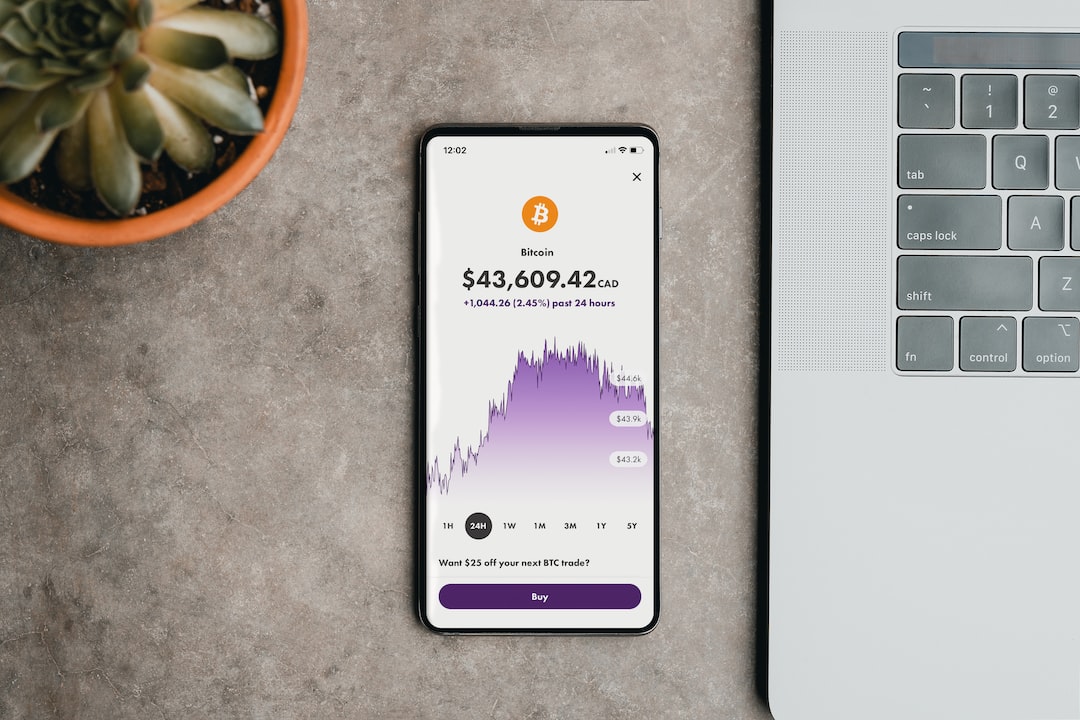Forex, short for foreign exchange, is a decentralized global market where currencies are traded. It is the largest financial market in the world, with an average daily trading volume of $5.3 trillion. Forex trading involves buying and selling currencies in pairs, such as the US dollar and the euro.
One of the features of Forex trading is leverage, which is the ability to control a large position with a small amount of capital. Leverage allows traders to increase their potential profits, but it also increases their potential losses. For example, a 100:1 leverage means that a trader can control a $100,000 position with only $1,000 of capital.
When a trader fails a leverage deal, it means that they have lost more money than they have in their account. This can happen when the market moves against them, and they are unable to close the position before the losses become too large. For example, if a trader has a $1,000 account and uses 100:1 leverage to control a $100,000 position, and the market moves against them by 1%, they will lose $1,000, which is their entire account balance.
In such a scenario, the trader would have a negative balance in their account, which means that they owe money to the broker. The broker would then issue a margin call to the trader, asking them to deposit more funds into their account to cover the losses. If the trader fails to do so, the broker may liquidate the trader’s position to recover the losses.
Margin call
A margin call is a notification from the broker to the trader that their account has fallen below the required margin level. The margin level is the amount of capital that the trader needs to maintain in their account to keep their positions open. If the margin level falls below a certain threshold, the broker may issue a margin call.
The margin call usually requires the trader to deposit more funds into their account to maintain the margin level. If the trader fails to do so, the broker may start closing the trader’s positions to recover the losses. This process is known as a margin call liquidation.
Margin call liquidation
Margin call liquidation is the process of closing a trader’s positions to recover the losses when they fail to meet the margin call. The broker may start closing the trader’s positions one by one, starting with the position that has the largest loss.
The liquidation process may not be immediate, as the broker may give the trader some time to deposit more funds into their account. However, if the trader fails to do so, the broker may close all their positions to recover the losses.
The liquidation process can result in significant losses for the trader, as the broker may not be able to close the positions at the desired price. This is because the market may be moving against the trader, and there may not be enough liquidity to execute the trades at the desired price.
Conclusion
In conclusion, Forex trading involves leverage, which allows traders to control large positions with small amounts of capital. However, leverage also increases the potential losses, and if a trader fails a leverage deal, they may have a negative balance in their account. This can result in a margin call, where the broker asks the trader to deposit more funds into their account to cover the losses. If the trader fails to do so, the broker may start closing the trader’s positions to recover the losses, which can result in significant losses for the trader. Therefore, it is important for traders to manage their risks and use appropriate leverage levels to avoid such situations.





